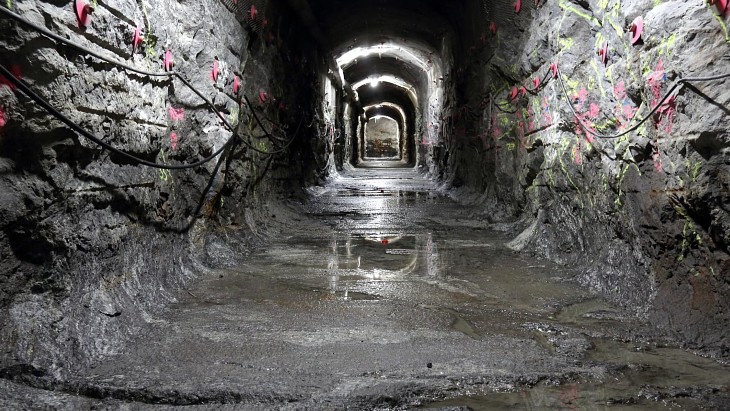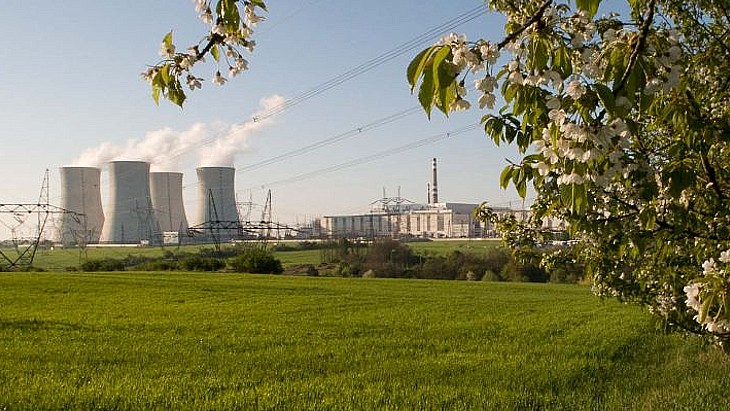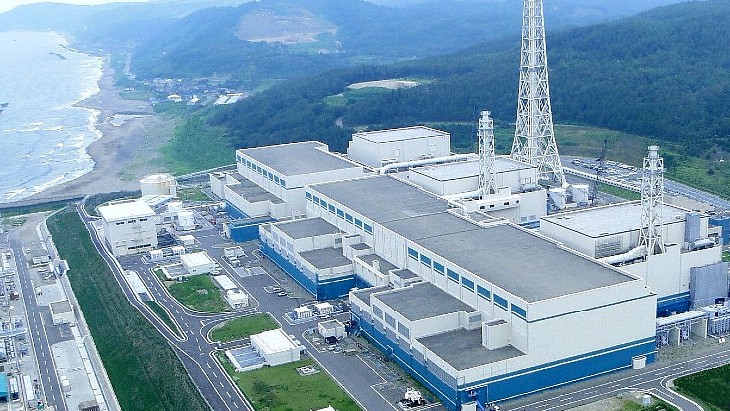In December 2021, maintenance checks on the primary circuit of Civaux 1 revealed corrosion near the welds on pipes of the safety injection system. Checks were then carried out on the same equipment at unit 2, revealing similar defects. EDF decided to replace the affected parts, requiring an extended shutdown of the plant, and also take its two other N4 units at Chooz B offline to carry out similar checks.
In mid-January 2022, EDF announced that similar faults on the safety injection system pipe welds to those discovered at Civaux 1 had been found at Civaux 2 and Chooz B2. In addition, the ten-year in-service inspection at Penly 1 - one of twelve 1300 MWe-class units of the P4 series - also revealed stress corrosion. The discovery of cracking has led to the need to carry out checks across much of its French fleet that have so far closed 12 reactors for further investigation or repair.
Since the discovery, at the end of 2021, EDF has conducted work to deepen the understanding of the phenomenon and to identify the zones concerned. These investigations include nearly 70 laboratory assessments of welds taken from eight reactors.
"These appraisals and the analyses carried out by EDF were essential to support its control strategy," ASN noted. "They made it possible to identify the geometry of the pipes and the thermomechanical constraints to which they are subjected as the main factors likely to influence the onset of stress corrosion cracking."
EDF has identified the pipework being most susceptible to the cracking. In the four N4 reactors, these are in the safety injection circuit located in the "cold leg" (the pipes of the main primary circuit which go from the motor pump units to the reactor vessel) and in the pump lines of the shutdown reactor cooling circuit. In the P4 reactors, it is the pipelines of just the injection circuit located in the cold leg.
ASN noted that EDF plans to inspect all of its reactors by 2025, prioritising the inspection of these most sensitive areas of the N4 and P4 reactors. Checks will be carried out on the reactors with a new non-destructive ultrasonic testing process. This method was developed with the aim of being able to reliably detect stress corrosion cracks and to be able to estimate their depth. It said the results currently obtained by EDF, after six months of development, are "encouraging, and should make it possible to mobilise this new means of control during the second half of 2022".
The regulator added: "ASN considers that this strategy responds to the need to continue checks on the lines considered to be the most sensitive. However, with regard to reactor 2 of the Belleville nuclear power plant, ASN considers that the inspection of this reactor scheduled for 2024 is too late."
ASN said knowledge about the stress corrosion cracking phenomenon is still evolving and that EDF's inspection programme will have to be adapted if the inspections or analyses "bring to light new elements".

.JPG)




_53514_33880.jpg)







